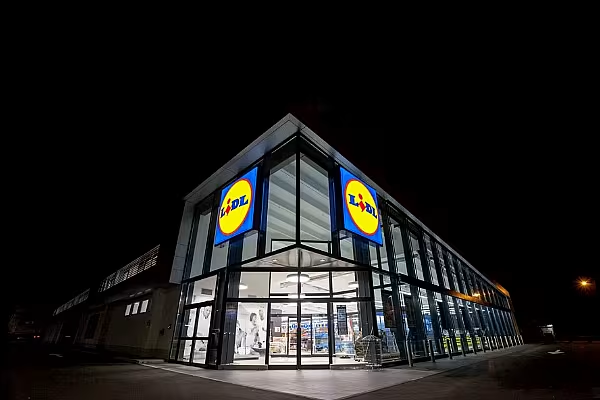German discounter Lidl will start operations in Serbia in September, with the opening of its first 10 stores, according to local daily Informer, with another 5 stores opening in November or December.
Last month, Lidl Serbia opened job applications for its future stores in Serbia and the logistics center in Nova Pazova, seeking more than 1,000 employees throughout the country.
Sources also told Informer that Spar Austria and Billa have expressed interest in the Serbian market. These chains are already present in Slovenia and Croatia.
Room For Growth
According to Serbia’s minister of trade, tourism and telecommunications, Rasim Ljajić, there is room for new foreign grocery retailers in the national market.
In remarks at a recent conference, he said that around 30% of the total grocery grade in Serbia is modern retail, while the remaining 70% is traditional, meaning that open markets and stalls still have a huge market share.
In comparison, the share of modern grocery retail in Romania is 47%, in Poland 54%, and in Croatia 68%.
The share of hypermarkets is very small and amounts to about 3%, compared to other countries where it is double that percentage. Serbia also has no discount chains, while in Poland this segment accounts for 30% of the market.
On the regional and local level, claims Ljajić, there is significant competition, as there are about 45 local and regional retail chains.
He believes that the arrival of Lidl will “boost competition” as well as “lead to market restructuring and market changes, reducing costs and affecting prices.”
Agrokor And Delhaize Serbia
Lidl Serbia will enter a market dominated by two large players – Belgium’s Delhaize Serbia and Croatia’s Agrokor – which have stores of various formats throughout the Balkan country.
Delhaize Serbia operates more than 400 stores in three formats – Maxi (supermarkets), Tempo (hypermarkets) and neighbourhood stores (Shop & Go). The retailer is mainly investing in the Shop & Go format, as Serbian consumers are increasingly opting for daily smaller purchases rather than weekly trips to the hypermarket.
For its part, Croatian conglomerate Agrokor has 340 stores in Serbia of the banners Idea (supermarkets), Roda and Mercator (hypermarkets).
Agrokor is currently undergoing a restructuring process which should be completed by the end of the year. Speaking after a regional ministerial on the Agrokor restructuring process, Ljajić said that he believes that “there is reason to be more optimistic than we were five or six months ago". He added that all Serbian companies that are part of the Agrokor consortium are in a stable position.
Asked to comment on the intentions of the new owners of Agrokor, Ljajić said that he does not believe that Russian banks, nor US funds, would remain in the business in the long run.
© 2018 European Supermarket Magazine – your source for the latest retail news. Article by Branislav Pekic. Click subscribe to sign up to ESM: The European Supermarket Magazine














